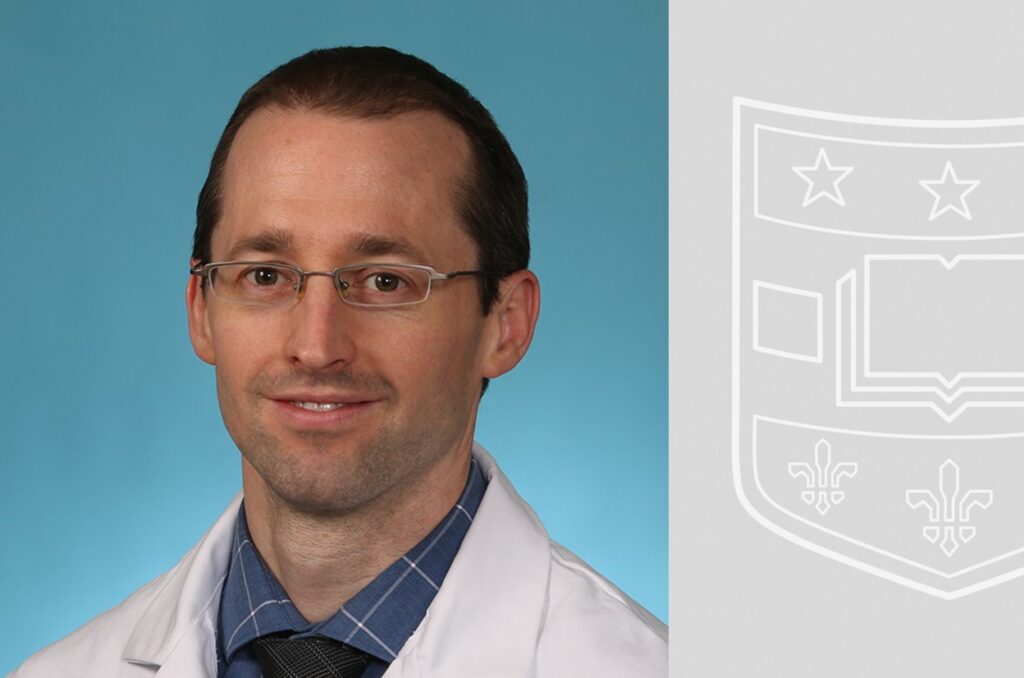Dr. Patrick Grierson attended medical school at Ohio State University College of Medicine graduating in 2014. He then matriculated to Washington University School of Medicine in St. Louis completing his residency in Medicine in 2016 and a fellowship in Hematology/Oncology in 2020. Dr. Grierson then joined the faculty as an Instructor on the Clinician Track as of July 1, 2020 in the Division of Oncology.
The clinical application of molecularly targeted therapeutics is transforming the care of many malignancies. However, a limited number of targeted agents have proven effective in gastrointestinal cancers, partially contributed to by a lack of understanding of the underlying tumor biology as well as inter-patient and intra-tumor heterogeneity. Dr. Grierson’s main research objective is to improve outcomes in these difficult to treat malignancies by identifying novel molecular targets that mediate de novo or acquired resistance to current therapies. Dr. Grierson’s pre-clinical research focuses on pancreatic ductal adenocarcinoma, which is characterized by frequent mutation of the KRAS oncogene, as well as a desmoplastic stroma. Unfortunately, neither targeting of KRAS nor its downstream effectors has produced meaningful clinical benefit, and the benefits of immunotherapy have not yet been realized in this disease. Further, targeting of the desmoplastic stroma has yielded mixed results, thereby leaving cytotoxic chemotherapy as the standard approach to systemic therapy. Therefore, Dr. Grierson and collaborators aim to identify novel molecular targets, either tumor cell intrinsic or extrinsic, to improve survival in this disease with limited therapeutic options. In this effort, Dr. Grierson employs broad in vitro laboratory techniques as well as in vivo genetically-engineered mouse models of pancreas cancer. Using these approaches, he and his collaborators have identified stress- and inflammation-mediated signaling pathways in pancreatic cancer that contribute to treatment resistance, with high potential for clinical translation. Clinically, he focuses on the care of patients with diverse gastrointestinal malignancies, with a special interest in translating pre-clinical discoveries of novel therapeutics into early-phase clinical trials.
